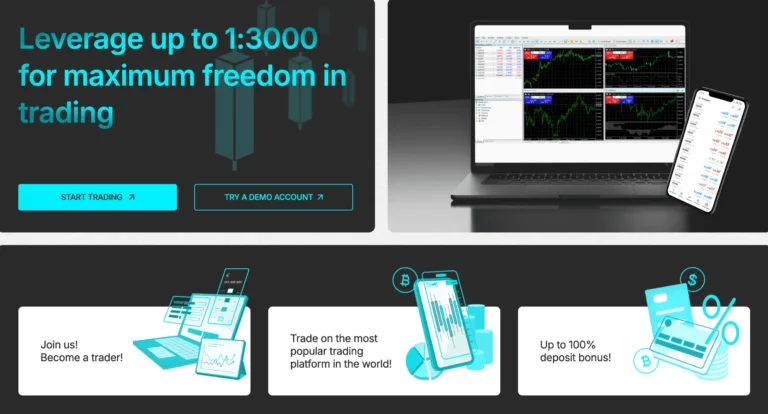Table of Contents
Introduction: Something Feels Off? You’re Not Alone
If you’ve found this page, chances are you’ve encountered JPB Markets — perhaps through a flashy ad, an aggressive “analyst,” or maybe you’ve already deposited funds and now feel something is wrong.
You’re not alone. Dozens of traders have reported serious red flags with JPB, including withdrawal problems, locked accounts, fake bonuses, and suspicious behavior that aligns with known scam patterns.
This in-depth guide breaks down everything you need to know before it’s too late.
1. Regulatory Oversight: The Red Flags
At the heart of your concern should be regulation. JPB Markets is not licensed or overseen by any reputable financial authority—no FCA in the UK, no ASIC in Australia, no CySEC in Cyprus, no FINMA in Switzerland, nor any serious regulator anywhere else.
Instead, the company is registered in Saint Lucia under JPB Limited. Registration alone, however, does not guarantee legal protection or financial oversight. Saint Lucia is known as a jurisdiction that does not require forex brokers to hold a trading license.
Its Financial Services Regulatory Authority does not verify or supervise forex activities; it merely acts as a corporate registry. In practical terms, this means JPB can operate with little to no accountability. If your account is frozen, profits vanish, or withdrawals are blocked, there is no regulatory body to appeal to—and courts outside the jurisdiction are unlikely to intervene. This setup places trust, or rather the illusion of it, at the center of your trading experience.
2. Withdrawal Difficulties and Frozen Funds
One recurring complaint from traders is that JPB Markets consistently delays withdrawals or declines them altogether. In some cases, users have seen impressive balances—$1,000 or more—only to discover that the funds are entirely illusory once they attempt to withdraw.
Support staff, once responsive during onboarding, becomes aggressive or unavailable when money is on the line. There are also reports of entire accounts being locked without notice after identity verification, with internal staff often executing trades on behalf of clients without consent. These practices reflect a troubling behavior pattern that mirrors many documented forex scams, where victims are enticed in and then systematically prevented from reclaiming their money.
3. Illusory Offers and Dangerous Leverage
JPB Markets draws in traders with a seductive combination of extreme leverage—and bonus traps. The broker promotes up to 1:3000 leverage, but this is not a blessing—it’s virtually a financial time bomb. In regulated markets like the EU or UK, leverage is limited to 1:30 for a reason: to help prevent catastrophic losses. Such excessive leverage means a minuscule market movement can wipe out your entire balance in seconds.
On top of that, JPB advertises a 100% deposit bonus, which may appear generous but is structured to keep your money locked. Withdrawal conditions tied to high volume requirements make it impossible to access your funds until you meet trading thresholds far beyond your deposit.
And although the broker claims there are “no commissions,” the lack of transparency and the use of a Dealing Desk model suggest the opposite: JPB profits when you lose. Combined with intense pressure tactics from so-called “analysts,” it becomes clear that this setup is designed to extract funds—rather than support traders.
4. Fake Reviews and Flimsy Trust Signals
One of the most alarming signs is the broker’s lack of genuine reputation. Despite boasting tens of thousands of users, JPB Markets has almost no real reviews. Independent sources like Scamadviser give its website a very low trust score—citing hidden ownership, newly registered domains, minimal traffic, and lack of online presence as major concerns.
In fact, the domain jpb-markets.com was registered only in 2025 and expires in 2026, consistent with a short-term, “pop-up” scam operation. Previously, the broker used domains associated with the Marshall Islands under different names.
No transparency is offered in terms of trade volume, client base, or proven track records. This raises significant doubts about everything from its launch to its motivations.
5. Feeling Scammed Already? Here’s What to Do
If you’ve already lost money with JPB Markets, there is no time to waste. Begin by documenting every communication—emails, chats, screenshots, and account activity. Contact your bank or card provider immediately to request a chargeback on fraudulent transactions.
File a complaint with your local financial regulator or consumer protection agency, even if they cannot enforce against offshore entities—your report helps build evidence. Talk to a financial lawyer who might be able to explore international legal channels. Above all, resist third-party “recovery” services that demand upfront fees—they are often scams disguised as solutions. If you want expert assistance, our team specializes in broker abuse cases and can provide a no-cost initial consultation—just reach out.
6. Final Verdict: JPB Markets is a High-Risk Scam
After careful review, the evidence is indisputable: JPB Markets is not a legitimate brokerage. It exhibits all the hallmarks of an offshore scam—lack of regulation, fake bonuses, extreme leverage, withdrawal issues, and emotion-driven marketing.
Trading with JPB puts you at serious risk of financial loss and personal data exposure. If you’re seeking security, transparency, and genuine custody of your funds, you must choose brokers regulated by respected authorities. Do not trust the façade of slick marketing or distorted “reviews.” Protect your financial well-being and avoid brokers like JPB at all costs.
Summary: Be Smart, Be Safe
JPB Markets presents an attractive exterior but operates without oversight, transparency, or recourse. Traders have lost funds, had accounts blocked, and been manipulated. Choose regulated, reputable brokers instead.
If you’ve already fallen victim—or suspect you’re being scammed—don’t hesitate to contact us. We offer free case evaluation and can guide you through the next steps toward recovery.



